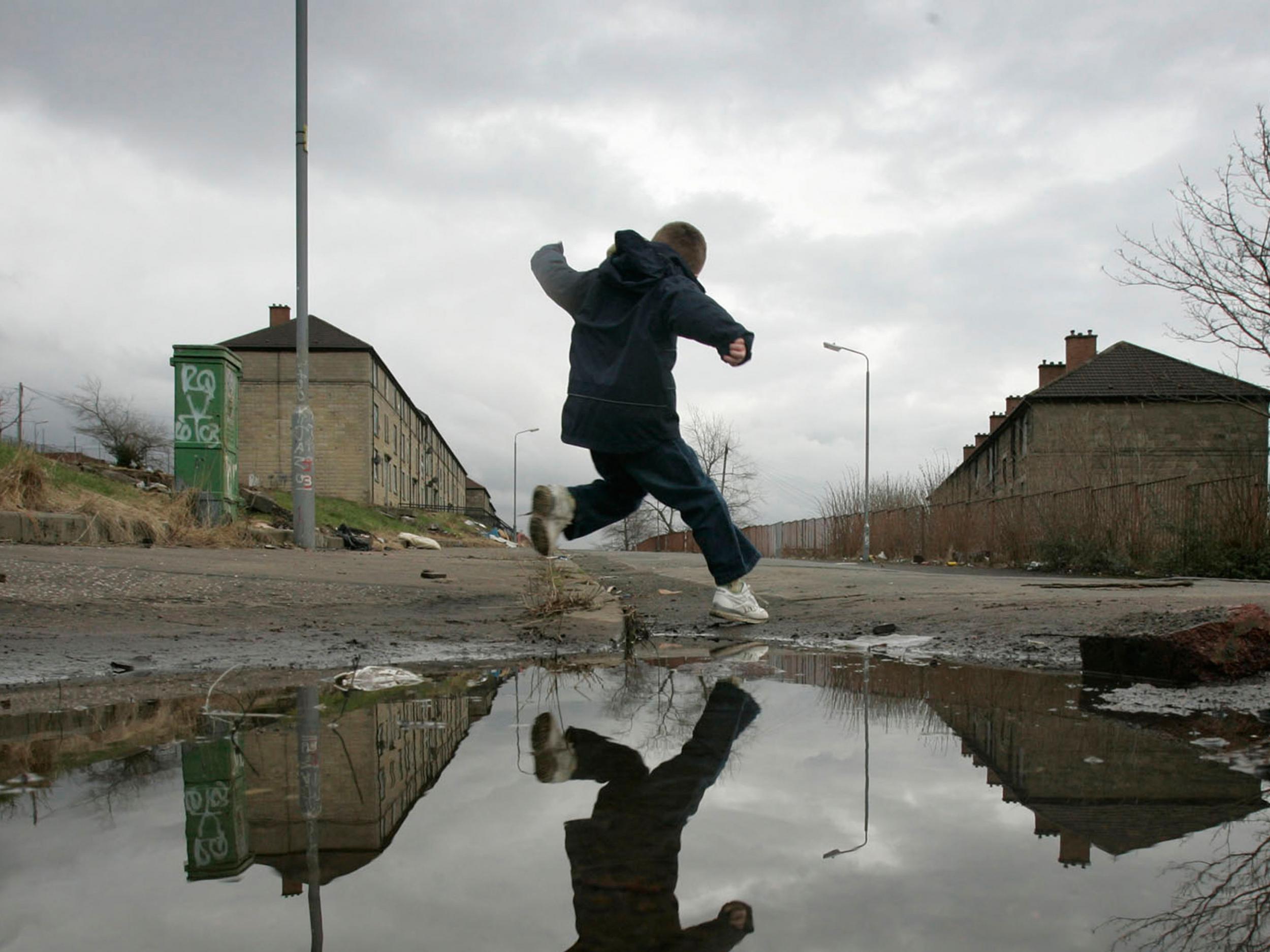What the Sunday Times Rich List tells us about trickle-down economics – it's a big, fat lie
Only by transforming our tax system can we begin to capture some of this wealth and use it for productive purposes


There are 145 billionaires now resident in the UK according to the 30th annual Sunday Times Rich List. How much is a billion? Well, put it this way: to count the numbers to a million would take you 12 days, whilst to count to a billion would take you 31 years.
According to this year’s rich list, the top 1000 people have £724bn worth of wealth – out of the country’s total wealth of £12,778bn.
Comparing this to the Wealth and Assets Survey, a national survey of the wealth of the UK population over 2014 to 2016, the same segment of the population has around 5.7 per cent of the UK’s wealth, while the bottom 50 per cent has just 8.7 per cent of the wealth.
It took the members of the Sunday Times Rich List just four years to recover from the recession in nominal terms. Yet in real terms, average wages in this country are still lower than they were in 2007. There are 4.1 million children living in poverty in the UK today – or almost 30 per cent of all children.
These trends – wealth inequality and wage stagnation – are related.
Today, the wealthy are taking an ever larger share of the pie, with a much greater share of national income accruing to wealth owners rather than workers. Far from “trickling down”, much of this wealth is stuck at the top, invested in unproductive financial assets that provide few jobs for ordinary people, or squirreled away in offshore tax havens. In 2015, labour’s share of national income fell to just over 50 per cent. Current levels of wealth inequality are not only deeply unfair, they are making us all poorer.
These levels of inequality are therefore both immoral and economically inefficient, as IPPR shows in its paper called Wealth in the Twenty First Century. We are producing more than enough wealth to provide everyone in the UK with a decent standard of living, yet we are allowing that wealth to remain at the very top.
Much of this wealth isn’t even earned. The UK’s youngest billionaire – Hugh Grosvenor, aged just 27 – is worth £10bn, which he inherited from his father in 2016. It was reported that most of the money was passed to his son via family trusts, which pay inheritance tax at a rate of just 6 per cent every 10 years, as opposed to the 40 per cent rate paid by everyone else.
When the very wealthy do pay their taxes, they pay it at lower rates than the rest of us. This is because income from already existing wealth – whether dividends or capital gains – is taxed at a lower rate than income from labour.
We tax people less for sitting on their fortunes and watching them grow than we do for working for a living. For example, if the UK’s richest hedge fund manager, Michael Platt, had invested his entire worth of £3bn into his own fund in 2016, he would have made an extra £1.5bn given its reported 50% rate of return. The top rate of capital gains tax for which he’d be liable is 28 per cent – lower than the income tax rate.
Only by transforming our tax system can we begin to capture some of this wealth and use it for productive purposes. We should start by harmonising taxation of income from wealth with income from labour. There is no good reason why someone who works for a living should pay more tax than someone who inherited billions of pounds.
We must rethink the way we tax wealth transfers – billionaires should not be able to pass down their wealth to their children and pay no tax when they do so. And we must crack down on tax avoidance and evasion by increasing transparency and implementing more severe punishments for perpetrators.
The juxtaposition of the UK’s wealth and extreme poverty should shame our politicians into reform, instead of encouraging very few people’s wealth to be glorified. But don’t hold your breath.
Grace Blakeley is a researcher specialising in economic justice at progressive policy think tank IPPR


Join our commenting forum
Join thought-provoking conversations, follow other Independent readers and see their replies